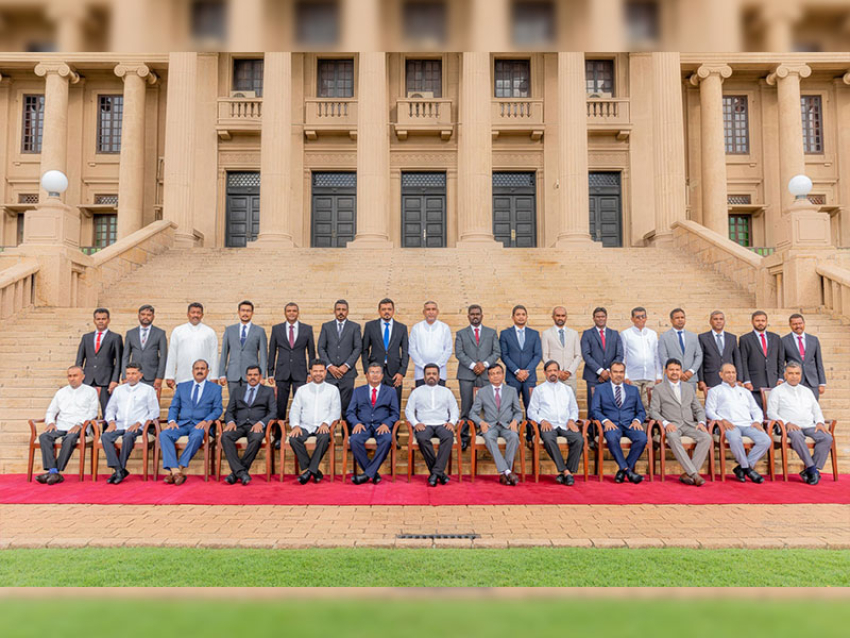Therefore, the reluctance of doctors to inject anti – influenza vaccine on patients is understandable, Dr. Senaratne said. “The influenza fever has been controlled and it is not spreading as reported by certain media. You must not count deaths occurred from other diseases as influenza deaths,” he told reporters.
Seasonal influenza viruses circulate and cause diseases every year. In Sri Lanka, in the past few years, it has been generally observed during April to June and again in November to January. It spreads from person-to-person through sneezing, coughing, or touching contaminated surfaces. Seasonal influenza viruses can cause mild to severe illness and even death, particularly in some high-risk individuals.
Persons at increased risk for severe disease include pregnant women, the very young and very old, immune-compromised people, and people with chronic underlying medical conditions such as cancer, diabetes mellitus and heart diseases. Seasonal influenza viruses evolve continuously, which means that people can get infected multiple times throughout their lives. Therefore the components of seasonal influenza vaccines are generally reviewed bi-annually and updated periodically to ensure continued effectiveness of the vaccines. Recently, the National Drug Regulatory Authority of Sri Lanka has given licence for the use of seasonal influenza (flu) vaccine.
There are three large groupings or types of seasonal influenza viruses, labelled A, B, and C. Type A influenza viruses are further divided into sub types according to the specific variety and combinations of two proteins that occur on the surface of the virus, the hemagglutinin or “H” protein and the neuraminidase or “N” protein. Currently, influenza A (H1N1) is the commonly circulating seasonal influenza A virus subtype in Sri Lanka. During the current season, it has been observed to generally cause severe disease. This seasonal A (H1N1) virus is the same virus that caused the influenza pandemic and it first appeared in Sri Lanka in two waves during 2009/ 10 period.
In addition, there are two type B viruses that are also circulating as seasonal influenza viruses, which are named after the areas where they were first identified, Victoria lineage and Yamagata lineage. Type C influenza causes milder infections and is associated with sporadic cases and minor localized outbreaks. As influenza C poses much less of a disease burden than influenza A and B, only the latter two are included in seasonal influenza vaccines.
Meanwhile, Dr. Prabha Palihawadana, top Epidemiologist and Director Health Promotion Bureau yesterday issued instructions to school teachers on how to act in controlling influenza.
Dr. Palihawadana wants teachers to immediately inform parents if a student is identified as an influenza victim at school, separate the student from others, give the patient ‘Paracetamol’ and if fever persists admit the child to a hospital.
"Don't mix up influenza with dengue and take the child to a doctor immediately and give the child nutritious food and ample rest," Dr. Palihawadana stressed




















